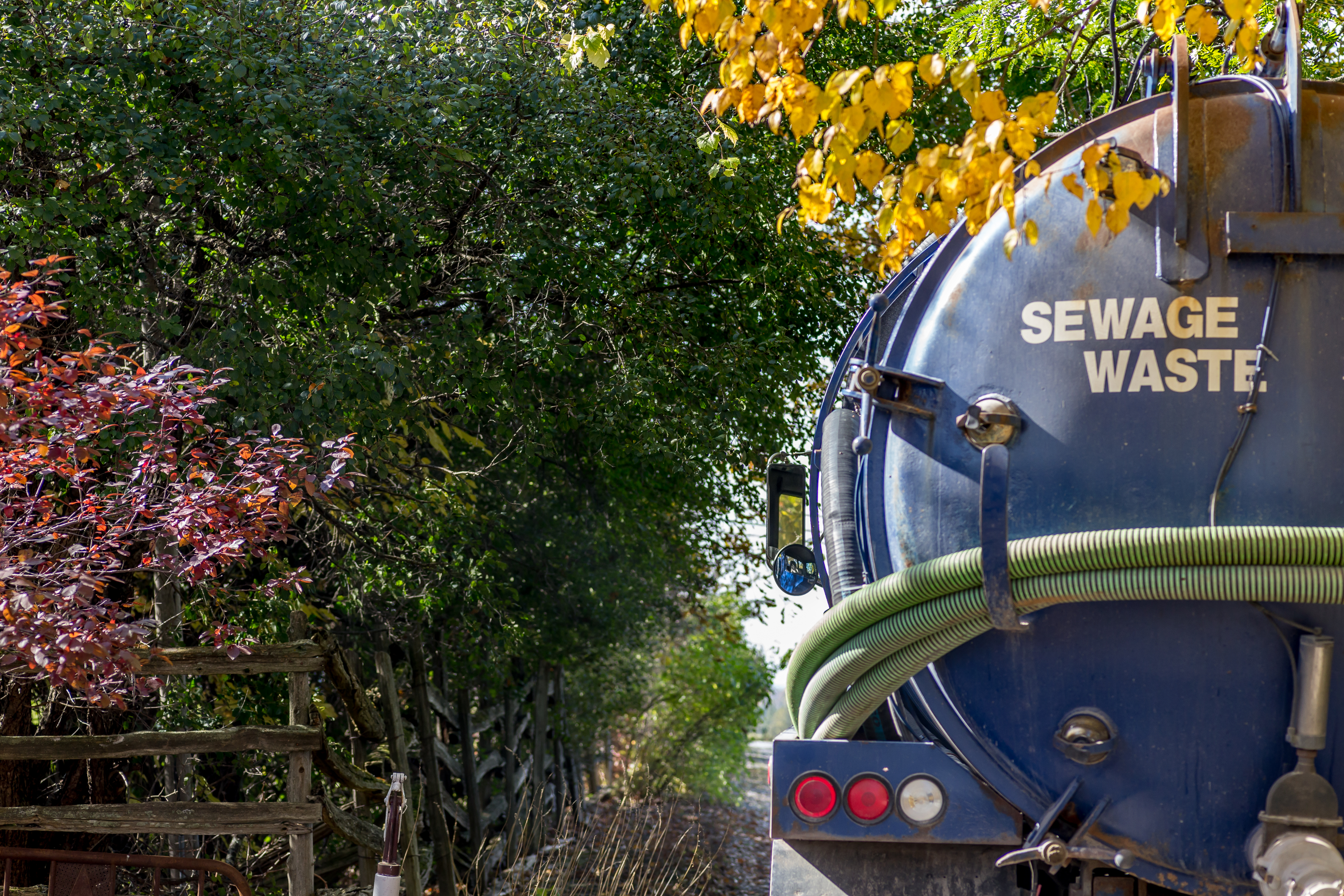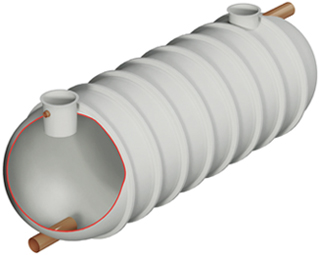
In your home, there will be two types of drainage system in place: foul water drainage and surface water drainage. Many people aren’t aware that they will likely have two systems, nor will they understand what the two systems do. So, in this article, we’ll be explaining the basics about the foul water drainage system.
What is Foul Water Drainage?
Foul water drainage is the system which carries away wastewater from all the plumbing fixtures and appliances in your home. This includes the water from showers, sinks, toilets, washing machines and dishwashers.
How Does it Work?
Each fixture or appliance in your property will be connected to sanitary pipework (above ground drains) which run to foul drains (below ground drains) and eventually into the mains sewer system.
When water flows away or is flushed from a fixture, it will first pass through a trap. A trap can be designed in typical ‘P’ or ‘S’ shapes, or have specially designed internal mechanisms. All traps use hold water to fulfil the same function though: to prevent foul gasses from drains and sewers from getting into the room.
After flowing round the trap, wastewater from your fixtures will then reach the main sanitary pipework, called a soil and vent pipe. Waste will flow down this pipework to the underground foul drains on your property and will eventually connect to the mains sewer. The soil and vent pipe will also extend upwards so that foul gasses can be carried up and vented out of your property.
Pipes from other fittings – such as new sinks or showers – can be bolted on to the soil and vent pipe so long as they are sealed properly at the point of connection. This can be particularly useful when refurbishments are carried out.
Connecting Properly
It is important that foul water drainage from your property is connected correctly. Foul water drainage will need to be carried away and treated before being released back into water courses. However, another kind of drainage from your property – surface water drainage – does not pose any pollution or environmental risk and can flow away untreated. Should your foul water drainage have a misconnection, you could be prosecuted for polluting the surface water sewer.
New fixtures, a bathroom or kitchen refurbishment or pipes connected to your roof guttering downpipes can all result in – or be a sign of – a misconnection. In these instances, it is best to get a drainage specialist or plumber to check your connections and drainage system for you to ensure you’re connected correctly.
How to Maintain Your Drainage System During the COVID-19 Outbreak
Millions of people have been asked to stay home during the current coronavirus outbreak, and this is devastating in itself, but many don’t realise that if you are not careful it could have a disastrous effect on your drainage system as well. With the whole family staying home almost constantly, this puts extra pressure on your drainage system, and due to toilet paper shortages some people have been using toilet roll alternatives which are not meant to be flushed, and this can cause serious blockages. The last thing you need at the moment is added stress from a flooded house or clogged drains, so we recommend you follow this advice:
Things not to put down the toilet or drain:
- Oil and fat
- Paper towels
- Feminine hygiene products
- Baby wipes
- Cleaning products
- Condoms
- Nappies
- Food waste
Drainage maintenance tips:
- Use a drain guard on all plug holes
- Clear drains with drain cleaner every few months
- Regularly wash them out with boiling water
- Keep an eye out for problems – then call a professional as soon as possible
If you are experiencing a drainage emergency during the COVID-19 outbreak, the experts at Wildon UK can help. You can rest assured that we will carefully follow all government guidance by observing social distancing rules, washing hands and thoroughly disinfecting any surfaces.
Wildon UK is a drainage and wastewater expert, operating in Stoke-on-Trent and across the UK. Our team of experienced, well-trained engineers can carry out work on many wastewater and drainage systems, from installations to maintenance and repairs. Get in touch with our knowledgeable team today with any enquiries.










